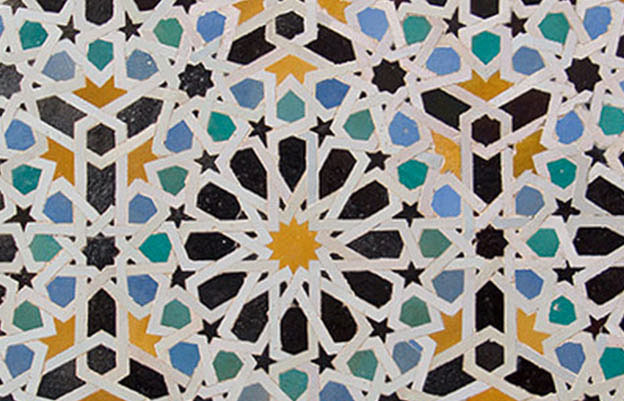Politics, law and economics
Morocco prides itself on a relatively peaceful Arab Spring. The government managed to neutralise the numerous protest movements with measures such as the reform of the Constitution in 2011. These developments also resonate in Moroccan communities in the Netherlands, in the form of NGOs and debates on cultural and human rights. What is more, the Moroccan government offers its services to Europe as an effective and reliable partner in the fight against Jihadism and other forms of radicalisation.
In order to understand developments in Moroccan society, a thorough knowledge of the Moroccan legal system is required. Over the last 30 years in particular, researchers at the Universities of Leiden, Maastricht and Nijmegen have amassed considerable knowledge of Moroccan family law and family relations. Knowledge of law in its diversity is of great importance to the social security system, diplomacy and the business community.
In recent years, NIMAR and Leiden University have worked with the Centre Jacques Berque (CJB) on a series of activities relating to Moroccan law. They plan to expand on these activities in collaboration with the Université Mohammed V, the Ecole de Gouvernance et d’Economie (EGE) and the Université Internationale de Rabat (UIR), and will ensure that topical issues in the Netherlands that relate to this field will be given a firm focus. The study of human rights and transitional forms of justice, as have been implemented in Morocco, will be brought to bear on the societal debates in Morocco and migrant communities in Europe.
Morocco is becoming an important economic actor in Africa and the Mediterranean and a hub that can link these spheres. It exports agricultural and fishing products and phosphate, presents itself as a location for outsourcing and call centers, and aims to develop tourism, logistics and transport. Private universities recruit students from all over Africa. Morocco is restructuring its economy in collaboration with the IMF and the World Bank, and is making large infrastructural investments in ports, roads and railways in an attempt to become an economic ‘dragon’ in Africa. For the Dutch business community, some of whom come from a Moroccan background, knowledge of these economic developments is vital.


